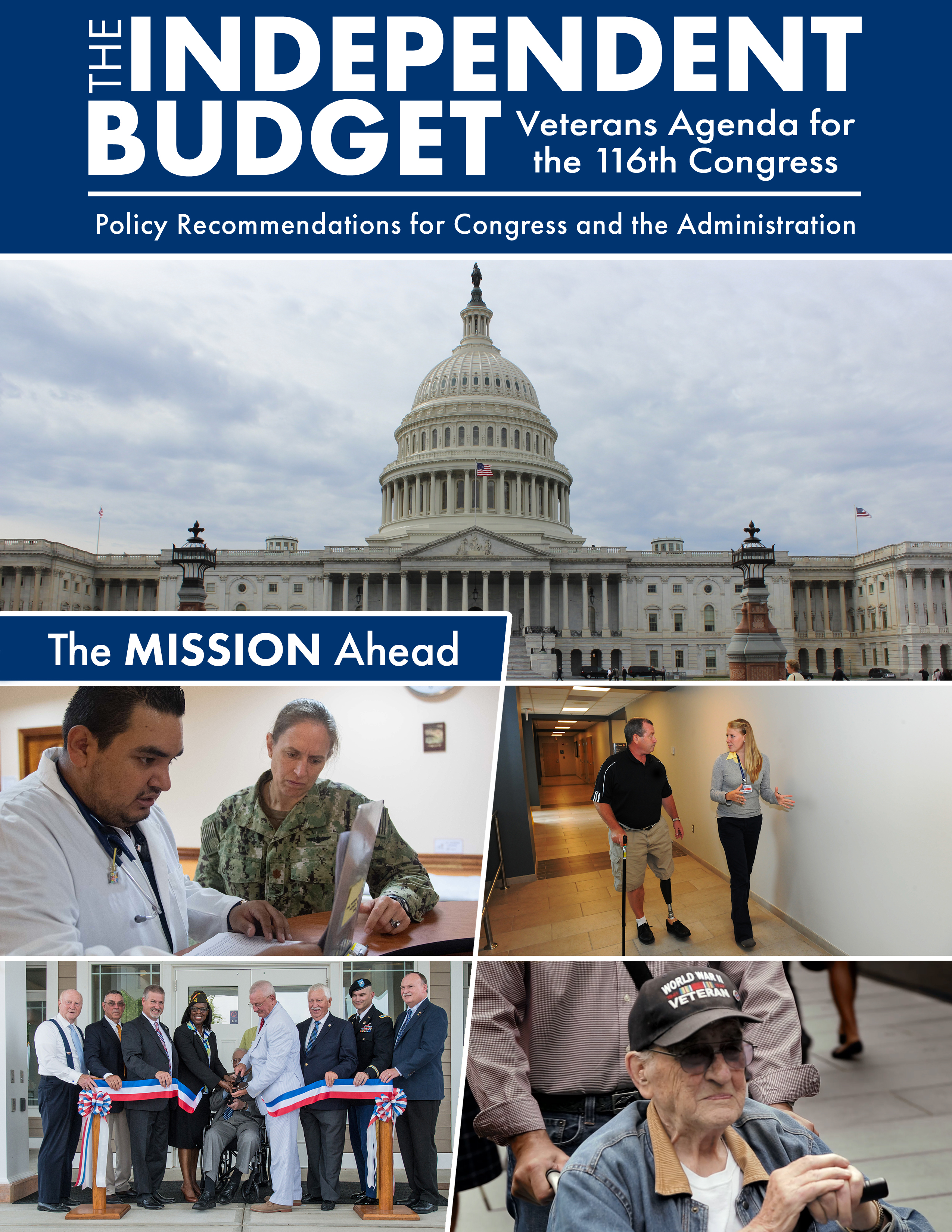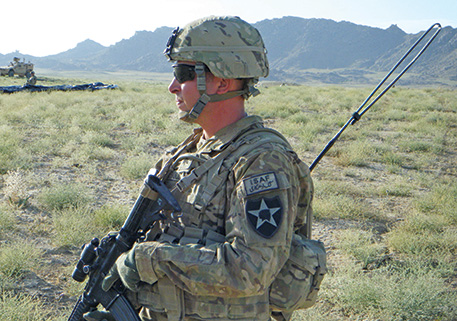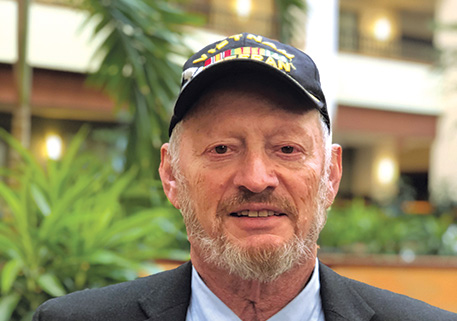 Top veterans groups focus on implementation of VA MISSION Act
Top veterans groups focus on implementation of VA MISSION Act
Each year, DAV, Paralyzed Veterans of America and Veterans of Foreign Wars make joint policy recommendations to strengthen federal veterans programs and services through the Independent Budget. This year, however, the recently released Independent Budget Veterans Agenda for the 116th Congress lists a single priority item as the pre-eminent need: implementation of the VA MISSION Act.
“If VA and Congress implement this law fully, faithfully and effectively, veterans health care will enter a new era marked by expanded, timely access to high-quality care for all enrolled veterans,” the organizations wrote. “However, if implementation deviates from the clear and widespread consensus reached by all key stakeholders, the VA health care system could enter a period of decline with devastating consequences for veterans who rely on VA for their care.”
The bipartisan VA MISSION Act—which was supported by the budget authors and more than 30 additional veterans groups—reforms the way in which veterans access care in the community, invests in the VA’s capacity to provide care at its health care facilities, calls for assessment and modernization of VA infrastructure, and expands eligibility of the VA caregiver support program.
“We can’t overstate how important it is to get this right,” said Washington Headquarters Executive Director Randy Reese. “There remain significant challenges in meeting the VA MISSION Act’s goals and deadlines, and we will continue to advocate for improved care for our nation’s veterans—not just by expanding access to outside care, but also by focusing on long overdue modernization of the VA health care system, filling employee vacancies and rebuilding infrastructure.”
On Capitol Hill in late January, the organizations behind the document presented their concerns to congressional policymakers and introduced dozens of additional policy recommendations to improve veterans benefits, health care, education and employment opportunities, including:
Health Care
- Improve timely access to quality mental health services.
- Ensure women veterans have equitable access to health care, including gender-specific services.
- Modernize the VA’s Electronic Health Record system.
- Accommodate unique health needs of minority veteran populations.
Benefits
- Reform and modernize claims and appeals processing.
- Fully recognize toxic exposures, including burn pits and Agent Orange, for affected veterans from all eras.
- Safeguard veterans’ earned benefits from erosion or elimination.
- Strengthen federal support for veterans’ families and surviving spouses.
Employment and Education
- Create an Economic Opportunity Administration within the VA.
- Enhance Vocational Rehabilitation and Employment Services.
- Strengthen Veteran-Owned Small Business programs.
Aligned closely with DAV’s own legislative priorities, the Independent Budget’s policy agenda calling for legislative action to focus on recognition of toxic exposure among veterans is expected to be an early priority of the 116th Congress.
“DAV and our partners share a number of key legislative concerns; one in particular is ensuring that veterans who were exposed to dangerous toxic chemicals and other environment hazards during their service receive full compensation and other earned benefits,” said National Commander Dennis R. Nixon. “It adds insult to serious injury to deny the long-term, adverse health effects that result from these exposures—including Agent Orange and burn pits—while veterans continue to suffer and die.”
For 30 years, the budget partners have offered a comprehensive breakdown of critical veterans issues and a policy road map for Congress and the administration. They have also released a detailed set of budget recommendations annually each February.
Learn more:
To view the full text of the Independent Budget Veterans Agenda for the 116th Congress and the organizations’ budget recommendations, visit www.independentbudget.org.






